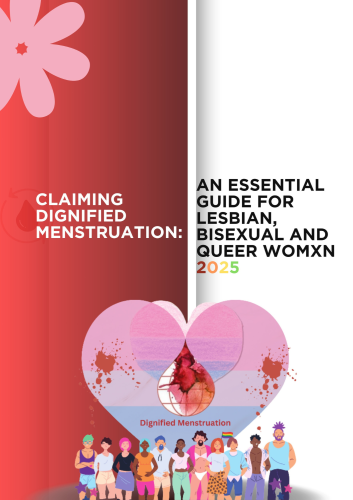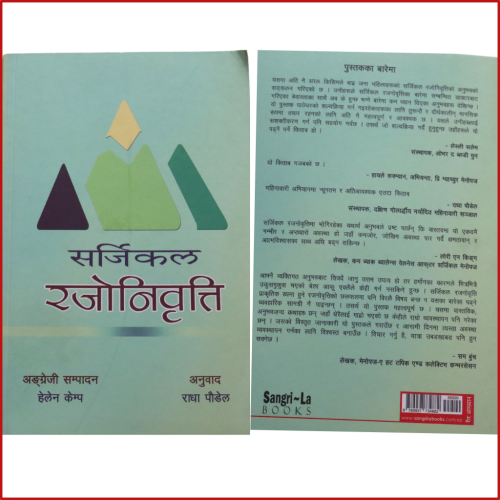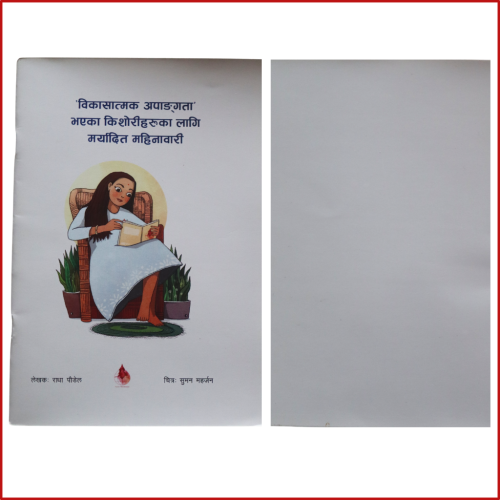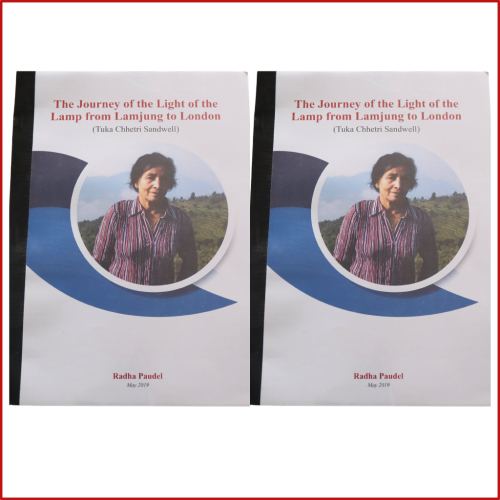Books
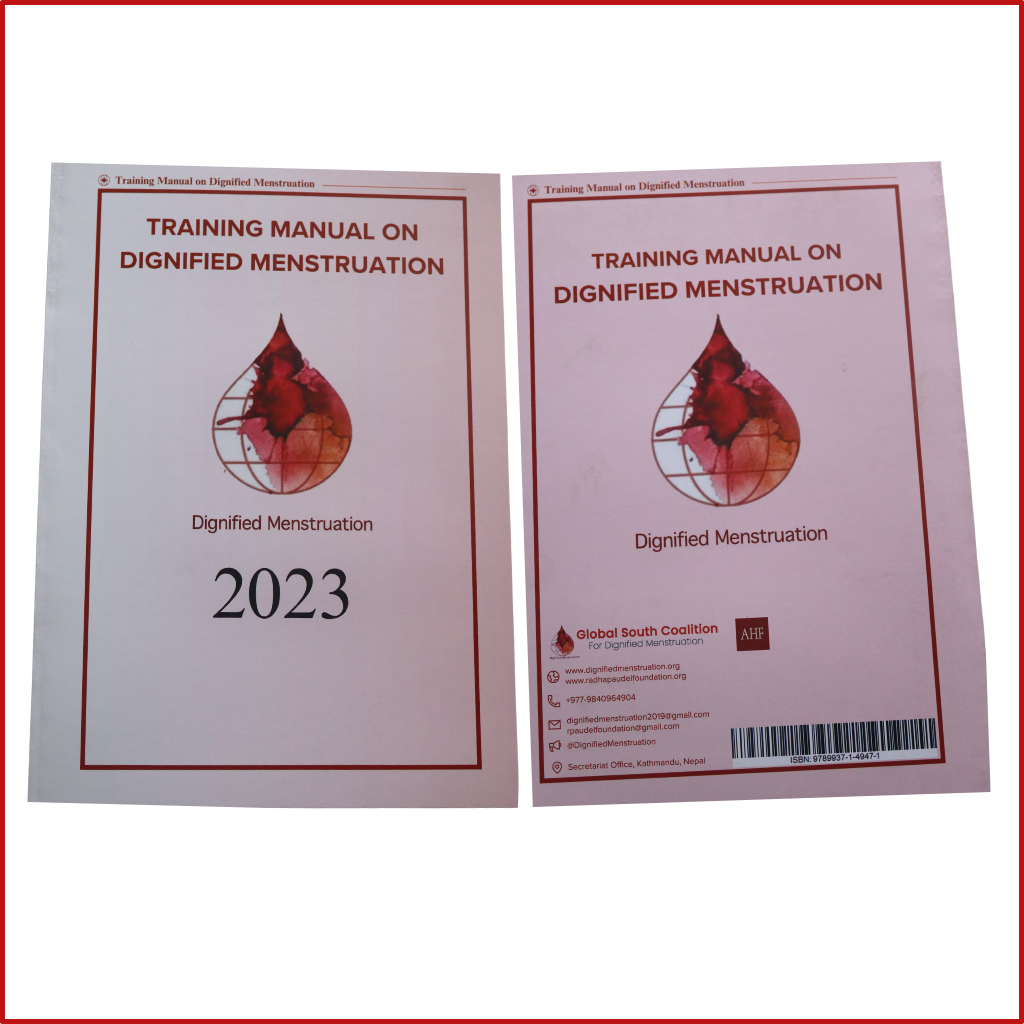
Training Manual on Dignified Menstruation
Globally, there are many training manuals on various aspects of menstruation, including menstrual health management, menstrual hygiene, and menstrual health and hygiene management. While these manuals do create space for menstruation, they not acknowledge or address all forms of menstrual discrimination as explored and defined by the Global South Coalition for Dignified Menstruation (GSCDM). The global menstrual movement focuses on hygiene, infrastructure, and products, all foci which, along with associated interventions, could contribute to DM.
The unique forms, names, and severity of menstrual discrimination vary from culture to culture but it is found everywhere. Since menstrual discrimination is both complex and multifaceted, a holistic approach, namely DM, is needed to address it. At the global level, DM is the youngest movement among the movements for human rights, development, feminism, and menstruation. GSCDM, which was initiated by the Radha Paudel Foundation (RPF) started to work at the global level in May 2019 though Radha herself spent decades before that developing the concept of DM and establishing RPF to take it forward.
Global power and politics among NGOs and academia have meant that DM, which spontaneously originated in Nepal, a part of the global South, under the leadership of a survivor, gets little attention. Consequently, there is a dearth of research and reading materials, including a training manual. Given this fact, the release of this manual is urgent. Its publication is important for amplifying the voice advocating for DM and preventing various forms of sexual and gender-based violence, including the human immunodeficiency virus and female genital mutilation. As it is difficult to find any place without menstruators, DM is essential as a tool for gender transformation, the cultivation of peace, the mitigation of the climate crisis, and the achievement of other development goals. DM provides a human rights lens for the analysis and addressing of various aspects of menstrual discrimination.

